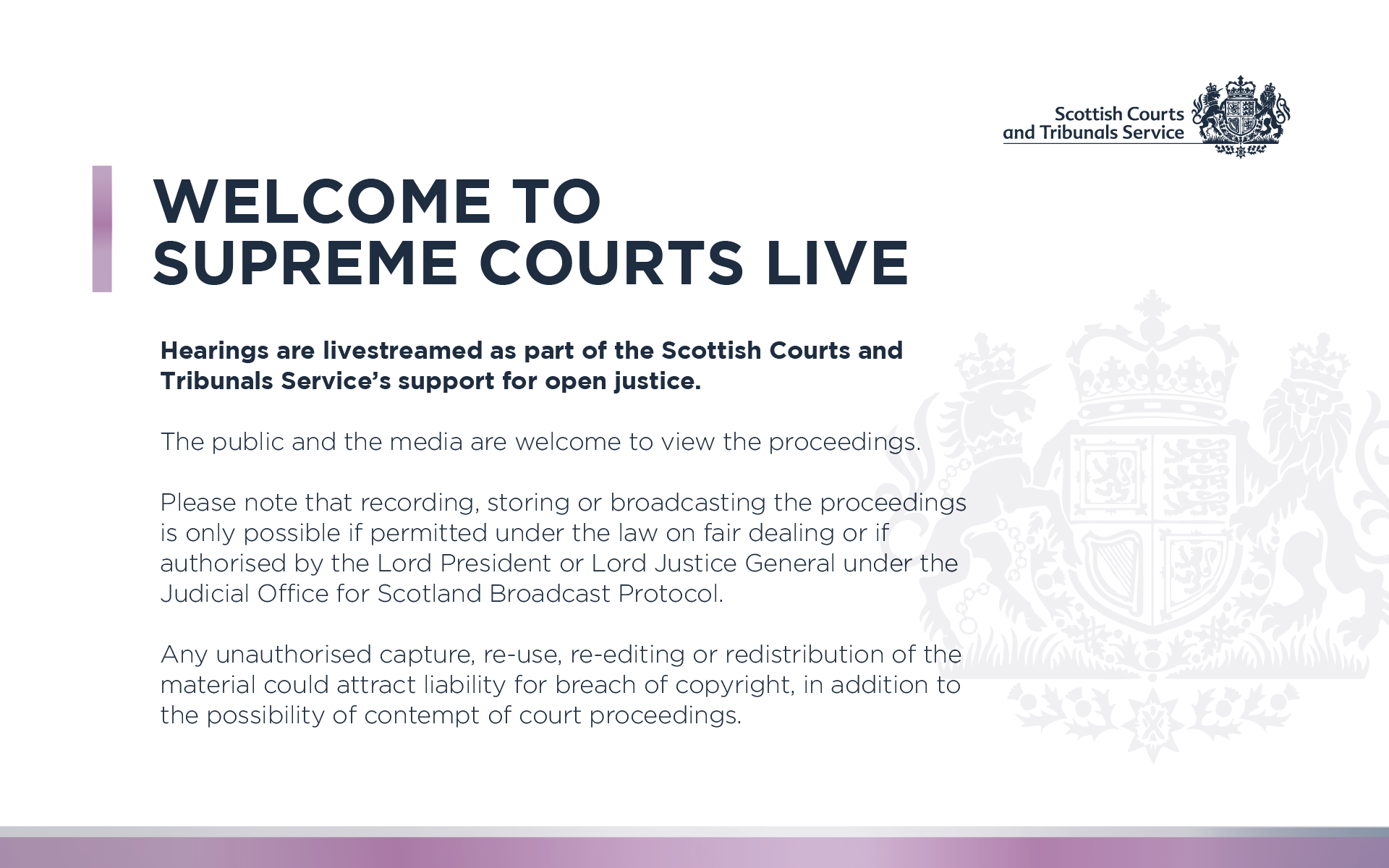Case description
This appeal concerns the effect of short negative prescription under section 6 of the Prescription and Limitation (Scotland) Act 1973. This section provides that, unless otherwise provided, an obligation shall prescribe (be extinguished) after a period of five years. The contention in this case is whether the facts categorise the obligation to account in the case of a power of attorney as an imperceptible obligation ( the obligation shall never be extinguished). At first instance, the Lord Ordinary held that section 6 did apply and the obligation to account had prescribed.
William Moultrie acted as the attorney of his mother, Beryl Moultrie from 5 October 2010. Beryl Moultrie lived in Dildawn House, owning one quarter of the property. Her son, William owned three eighths of the property, as did her daughter. In May 2011, Beryl Moultrie lost capacity to be able to deal with her estate. William Moultrie was the only attorney able to deal with her estate and affairs.
William Moultrie transferred Beryl Moultrie’s interest in Dildawn House to himself as a gift from his mother, said to be reflected in a will in May 2011. Beryl Moultrie passed away on 14 December 2016. During the period between 5 October 2010 to 14 December 2016, William Moultrie made various intromissions in respect of the estate of Beryl Moultrie.
Upon Beryl Moultrie’s death, Mary Moultrie, William Moultrie and a solicitor, Charles A Laurie, were appointed as executors of her estate. The executors became deadlocked due to a dispute about the intromissions made by William Moultrie whilst acting as power of attorney. This led to the appointment of MBM Trustee Company Limited to administer the estate, and the resignation of all three trustees until the dispute is resolved.
This appeal arises out of an action for count, reckoning and payment which was served on 17 March 2022. MBM Trustee Company Limited wish William Moultrie to produce accounts for his intromissions with his mother’s estate. They consider it to be an imprescriptible obligation under the Prescription and Limitation (Scotland) Act 1973, as William Moultrie was acting as a trustee within the meaning of the 1973 Act. A trustee includes any person holding property in a fiduciary capacity for another.
William Moultrie argued that his obligation had prescribed under section 6 of the Prescription and Limitation (Scotland) Act 1973 as a period of five years and three months had elapsed from the date of death of Beryl Moultrie. He does not consider that he was a trustee under the 1973 Act as he was not holding property for another in his capacity as an attorney.
The judge at first instance held that MBM Trustees did not specify the facts demonstrating that William Moultrie had held the property of Beryl Moultrie. He concluded that the action must fail as there were insufficient facts to establish that William Moultrie was a trustee. As a consequence, the defender’s obligation to account was subject to the short negative prescription under section 6 of the 1973 Act and had prescribed.
Since the decision, amendments have been made to the written legal case to address the factual sufficiency of the case. There are four substantive grounds of appeal. First, that the Lord Ordinary erred in holding that the intromissions were subject to section 6 of the 1973 Act. Second, that the Lord Ordinary erred in not finding that the obligation to account was imprescriptible in terms of Schedule 3 of the 1973 Act. Third, that the Lord Ordinary erred in holding that the obligation to account had been extinguished due to prescription. Finally, that following the amendment of the pleadings, the question of prescription is dependent on the proof of the facts advanced by MBM Trustee Company Limited that William Moultrie “held” property of Beryl Moultrie for the purposes of the 1973 Act.
The First Division will hear the appeal on 18 February 2025.

